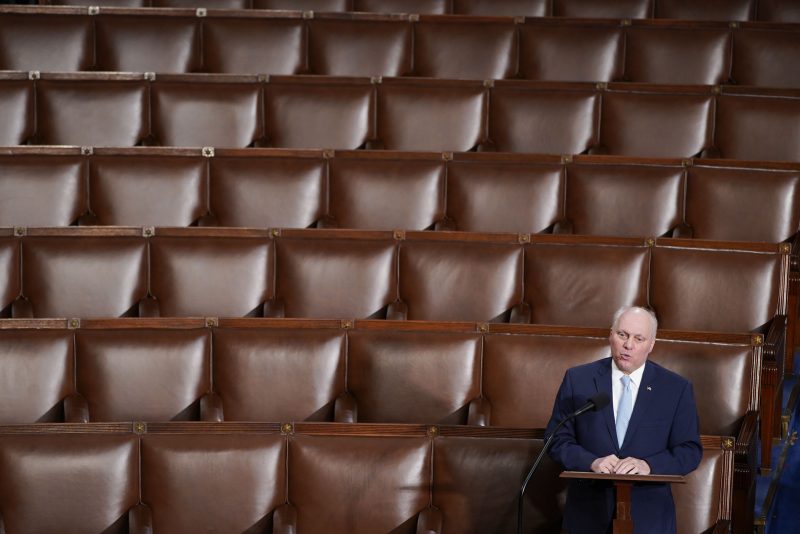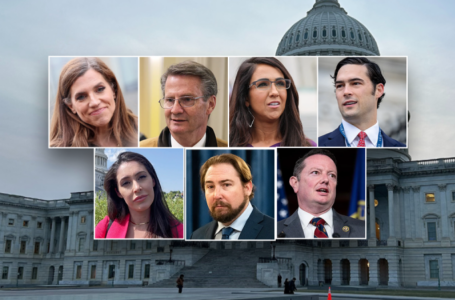Argentine president defends his cryptocurrency tweet after crash, comparing losses to gambling
Being in the House is undoubtedly terrible — but is it unusually so?


From the outside, being a member of the House of Representatives seems like a uniquely crummy job. Sure, you have some ostensible power, but it doesn’t actually manifest very often for many people, thanks to the chamber’s general antipathy toward consensus. Members haven’t gotten a raise in more than a decade and have to spend a big chunk of their time trying to raise money to campaign to keep their jobs.
From the inside, it’s even worse: You have to work with other members of the House, many of whom seem far more interested in media appearances than in effecting legislation.
It is therefore not surprising that a lot of legislators have opted not to seek reelection. The most recent data from the House Press Gallery indicates that 46 members have decided against another term — more than 1 of every 10 legislators.
This is a source of frustration to at least one outside observer. Former president Donald Trump seemed to disparage departing House Republicans in a social media post over the weekend, responding to the resignation of Rep. Mike Gallagher (Wis.) by insisting his supporters “[n]ever forget our cowards and weaklings! Such a disgrace.”
But, compared with recent years, the House isn’t seeing an exceptional level of planned departures. Including those who, like Gallagher, left before their terms ended, the number of people who weren’t returning at this point in each recent Congress ranged from 45 to 60.
One thing that is different, though, is that those declining to return are about evenly split between the parties. Usually, one party has about twice as many members planning not to return as the other, a divide that is generally linked to the party’s expected performance in November. This year, it’s even, as is the polling.
The central reason that so much attention is being paid to retirements (particularly those occurring midterm) is that the House is so narrowly divided. Republicans have a single-digit advantage; every departure now makes it that much harder for them to pass legislation. And, as The Washington Post’s Paul Kane has written, there are more resignations than normal.
That includes a lot of members of the Republican majority. The planned retirements, though, don’t themselves suggest a significant GOP deficit coming into the 119th Congress.
This has been an unusually ineffective Congress, at least to date. (That qualifier will probably prove unnecessary, but we’ll see.) But there’s no correlation in recent years between how much Congress has gotten done and how many legislators don’t plan to return.
By now, we might assume, those who really want to pass legislation might have self-selected out of service in the House.
What the data suggest, really, is a continual tightening of advantages in the House. The polls are closer. The margin is closer. The partisan gap in retirements is closer. Everything sits closer to the middle point.
It raises an interesting question: If the Republican majority weren’t so narrow, if the party had a much bigger advantage in its conference, how many more legislators might drop out or announce that they weren’t seeking reelection?
In other words, while it might seem like service in the house is as unappealing as it usually is, perhaps this is obscured by the narrow Republican majority. If they had a 30-member advantage, perhaps even more members would announce that they planned to leave or would leave even before the election.
That’s perhaps the best indicator of how terrible being a member of the House is: An unusual number of people are leaving despite the challenge it poses to their party’s power.











